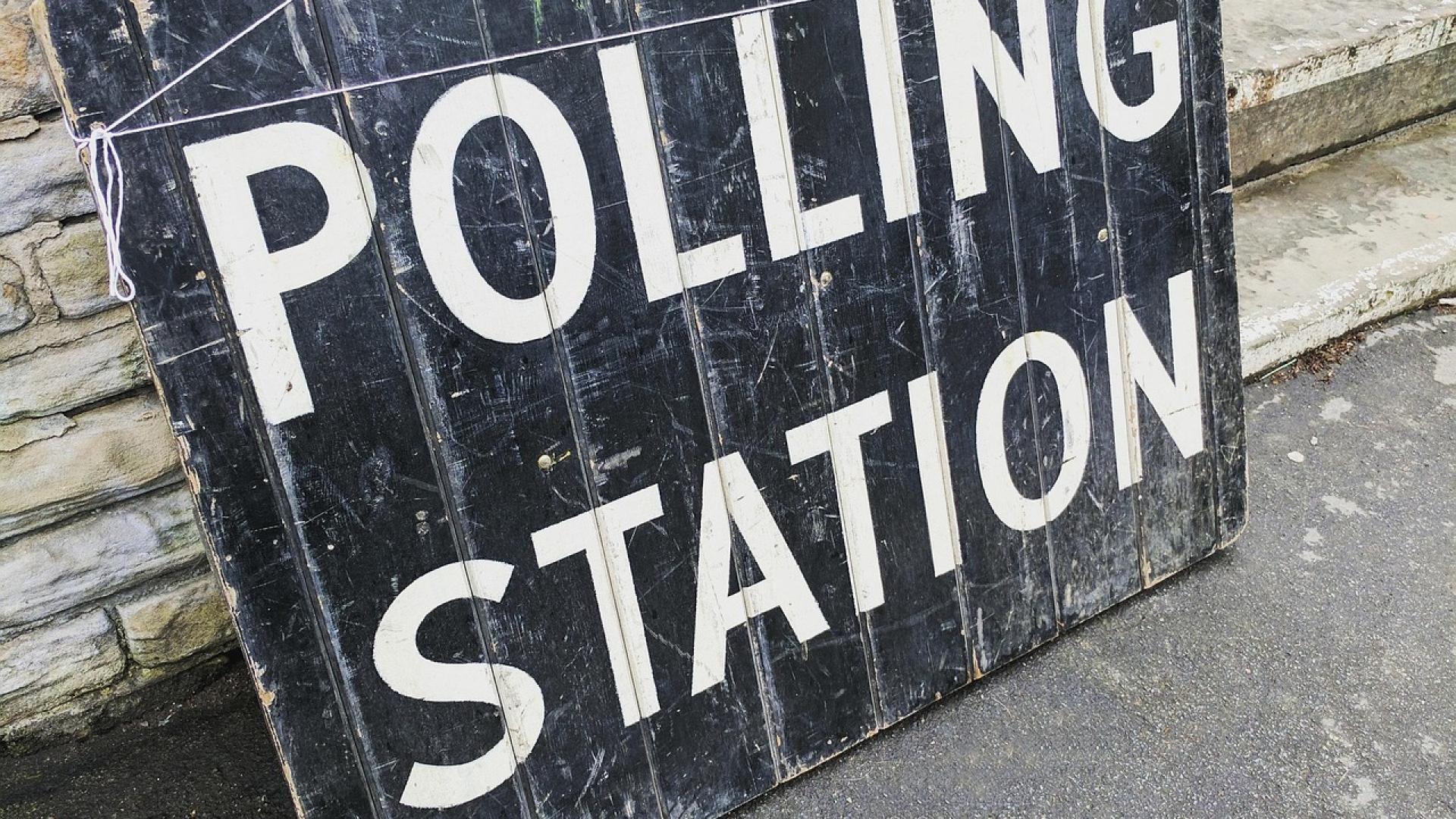On 17 July, Labour announced plans to table a Bill introducing a range of measures of electoral reform to “restore trust in our democracy”, featuring lowering the voting age in all UK elections to include 16- and 17-year olds.
Children’s charities, such as Barnardo’s, have welcomed the proposed changes and praised them as an important step forward to empower young people to “shape the society we live in”.
With the spotlight on this new voter demographic that will be allowed to vote for the first time, MPs and political parties will have a new addition to their electorate to focus on. But what does this mean for charities? What do we know about young people, the causes they care about and their attitudes towards charities and charity campaigning?
Young people’s favourite causes
Our data shows that the top three favourite causes among 16–24-year-olds are cancer, children and young people and animals. Mental health, homelessness and women’s rights are also among the top causes young people care about. The age group is more likely than any other to indicate Women’s Rights and refugee and asylum seeker organisations as personal favourite causes.
This could be an opportunity for charities working in these spaces to highlight the importance of their causes to decision-makers as political parties seek to engage with this younger voter demographic.
Young people are engaged in campaigning
Often labelled as ‘lazy’ or ‘selfish’, our data shows quite the opposite to be true; young people are more open to engaging in campaigning and influencing social change than any other age group. 43% say they consider themselves active, regular participants in campaigns to influence social and political change – the highest figure across all age groups. They are confident in their ability to create change, with 68% of respondents saying that ‘people like me can make a meaningful difference to society by taking part in campaigns’.
Despite campaigning and influencing social change being more of an integral part of young people’s lives than for any other age group, the support they show for charity advocacy is not exceptional. 67% of Gen Z (those born after 1997) believe that it is acceptable for a charity to challenge government policy – at a similar level to millennials (69%) and Gen X (70%).
Young people are positive about charities but don’t always know household names
Charities are viewed positively by young people; 75% of 16–24-year-olds say they see charities as a force for good – a figure broadly in line with older generations. With 64% of young people saying they trust charities, levels of trust in the sector are relatively solid, albeit not distinctive compared to other age groups. Whilst trust for charities is strong, exclusive loyalty to the sector isn't.
nfpResearch polling has consistently shown that young people struggle to name household charity brands. Further, focus groups we ran in 2024 gave insight into how young people engage in charitable activities beyond traditional approaches – this includes grassroots activism, supporting B Corps, micro-giving such as GoFundMe appeals, or buying ethically. So, while young people are warm towards charities, they are not as top of mind as we see with other age groups.
What charities can do – opportunities
Young people’s warmth towards charities, their distinctive favourite causes and their belief in their ability to create meaningful change offer charities a real opportunity to mobilise a younger generation of change-makers. It will be crucial for charities to listen to young people’s opinions, actively engage with them, connect around their favourite causes and harness their willingness to campaign (often in less ‘traditional’ ways) in order to build loyalty to the sector and increase recognition of charity brands among this potential new voter demographic.
Image by John Mounsey from Pixabay

